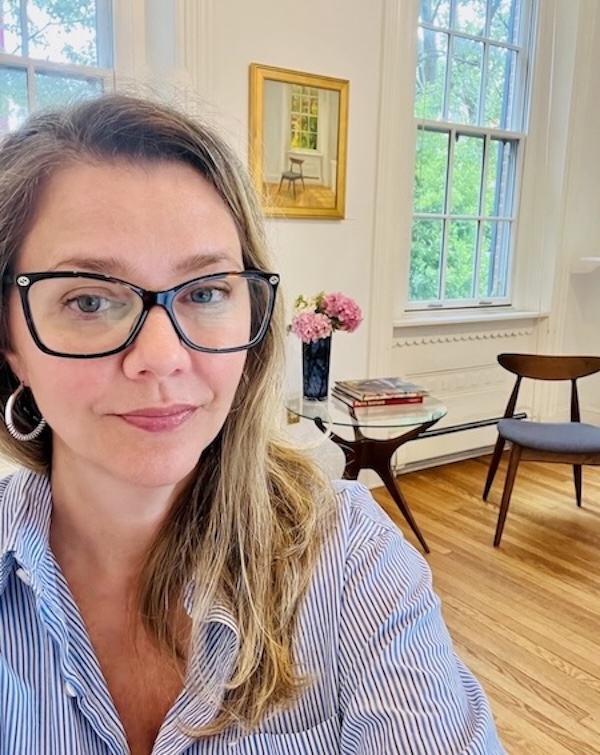We’re looking forward to introducing you to Abby McClure. Check out our conversation below.
Hi Abby, thank you for taking the time to reflect back on your journey with us. I think our readers are in for a real treat. There is so much we can all learn from each other and so thank you again for opening up with us. Let’s get into it: Who are you learning from right now?
Thanks for having me back to Canvas Rebel. I look forward to another engaging interview!
Currently, I’m drawing daily motivation from ancient Stoic philosophy, especially the practical wisdom of Marcus Aurelius. Morning readings guide my pursuit of self-improvement and mental discipline throughout the day.
I’m also exploring the evolution of abstract art through New York’s women painters of the 1930s-1950s: Lee Krasner, Joan Mitchell, Helen Frankenthaler, Elaine de Kooning, and Grace Hartigan. Mary Gabriel’s remarkable (and hefty) page-turner, “Ninth Street Women,” provides inspiring insight into these artists’ creativity and dauntless bravado. Their approach to art encourages me to try new things, release control in my own painting, and shift from realism to a more expressive, process-driven practice.
Can you briefly introduce yourself and share what makes you or your brand unique?
I am an artist and author who specializes in twilight and nocturne oil paintings, as well as energetic plein air work. Over my 35-year career, I have sold more than 900 paintings by following deliberate steps to build a dedicated and enthusiastic fan base.
This year, I published a book titled “From Inspiration to Income: A Comprehensive Guide to Selling Art,” which clearly details my strategies and methods for artists to improve their work, increase sales, and manage their businesses. In the book, I explore the impact of brand-building, how to reach your audience, and the necessity of maintaining consistent branding in all business and client interactions. The book is available on my website, www.abbymcclure.com, as well as at Barnes and Noble, Amazon, Books-A-Million, Lulu (hardcover), and other major retailers worldwide.
Currently, I taking some time off from painting to promote the book to independent booksellers, appear as a guest on art-focused podcasts, and develop the book’s content into a workshop and course.
Thanks for sharing that. Would love to go back in time and hear about how your past might have impacted who you are today. Who taught you the most about work?
When I was 18, I moved to Chadds Ford, Pennsylvania, the home of famed painter Andrew Wyeth and a haven for artists, creatives, and interesting characters. I soon befriended local Jimmy Lynch—a close family friend and frequent model of the Wyeths—and a remarkable painter in his own right.
It was through Lynch’s inspiration and guidance that I began to draw and paint every day, often working out in the fields in all types of weather. Lynch also taught me the invaluable wisdom of how to paint a painting, put it in a frame, and sell it out of my own studio. This blew my mind, and I quickly began showing and selling my own work.
During these formative years, I was a sponge, entranced and exhilarated by the thought of being independent and using my innate talents to earn a living. I credit Lynch entirely for my becoming an artist and the simple, yet powerful, work ethic he instilled.
What fear has held you back the most in your life?
This is such a great question. As we grow older and become more self-aware, certain patterns emerge. For me, one persistent pattern has, surprisingly, been the fear of success. While we often think everyone wants success, for some, it can bring mixed feelings.
When I consider what success as an artist can look like, my reluctance becomes clear. Success has often meant hard work, sacrifice, exhaustion, constant engagement with others, public attention, pressure, and being overly focused—factors that fuel my fear of success.
Because I know success can be overwhelming, I can view it in a negative light. This has led me to turn down projects that would have increased my notoriety and expanded my connections (such as solo shows)—demonstrating how fear of success can limit growth.
However, declining projects can also protect boundaries and energy, which is a positive side of this pattern. Saying no as an artist can even make you seem more desireable in a way, like you are busy, highly selective, and tough to nail down.
It’s important to balance gut instincts with thoughtful decision-making, and select projects that preserve well-being without missing valuable opportunities.
Sure, so let’s go deeper into your values and how you think. What would your closest friends say really matters to you?
I believe my friends would say I hope to have as peaceful an existence as possible, one in which I can help others, gain self-knowledge, and evolve, all the while having meaningful, humorous, and interesting discussions. Spending time in my home and garden with my husband and cat is the absolute best.
Before we go, we’d love to hear your thoughts on some longer-run, legacy type questions. What will you regret not doing?
Another great question! I absolutely have no regrets in life except one: not earning a college degree. My priorities have shifted now that I am in my fifties, but when I was younger, I truly wished I had that degree. I believe a college degree is essential if you ever need to find work—a degree will open doors to higher-paying jobs in more professional settings. For this reason, I strongly advise going to college right after high school before life gets in the way.
While I was fortunate to attend a Quaker boarding school from seventh through twelfth grades—a level of education I feel often surpasses many college curricula—this did not help as much in the working world. Typically, a high school diploma alone will not land you high-paying opportunities. Regardless of your future plans, getting a college degree is the clearest way to avoid setbacks and instability.
Contact Info:
- Website: https://www.abbymcclure.com
- Instagram: @abbymcclurestudio
- Facebook: @abbyart
- Other: https://www.bluegardenbooks.com
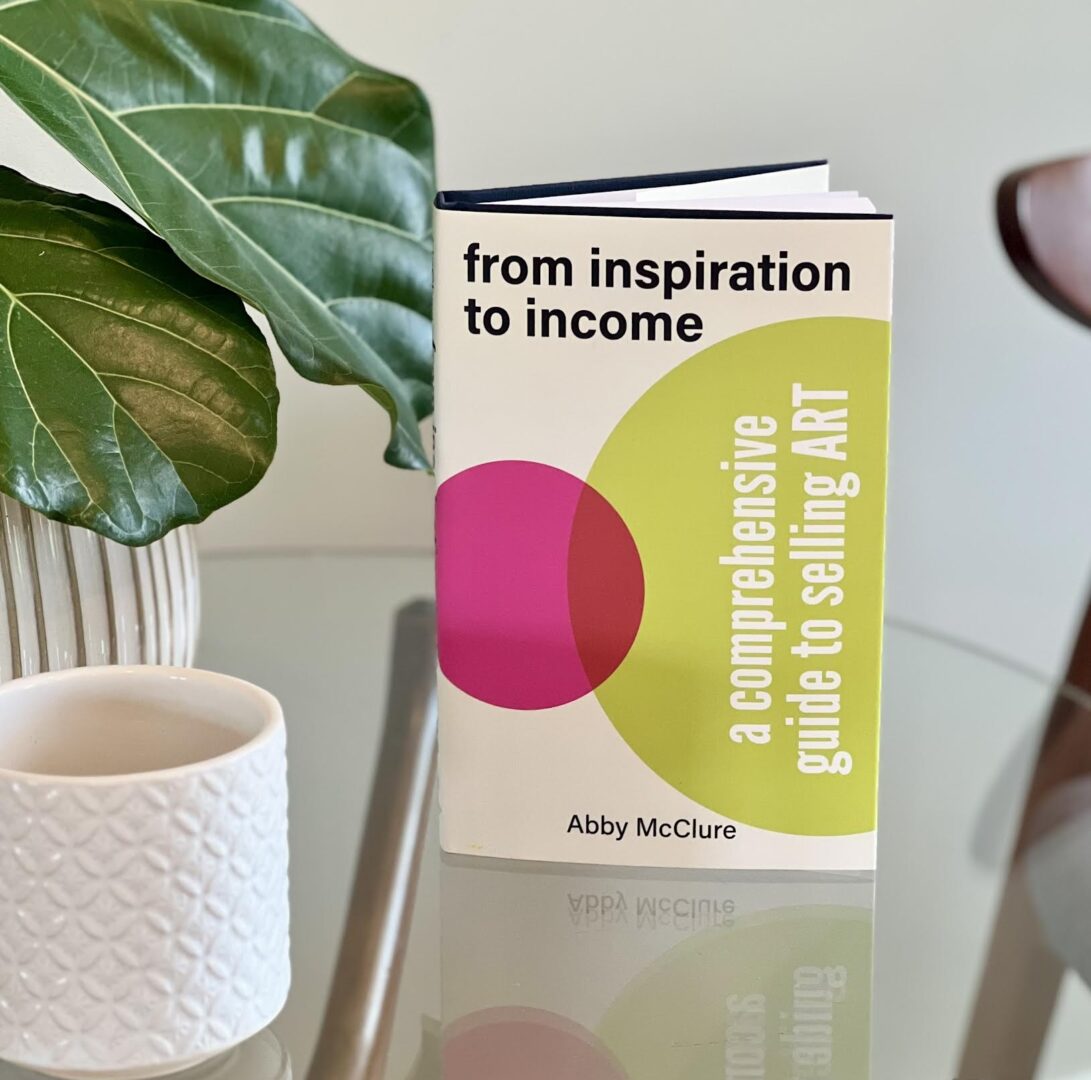
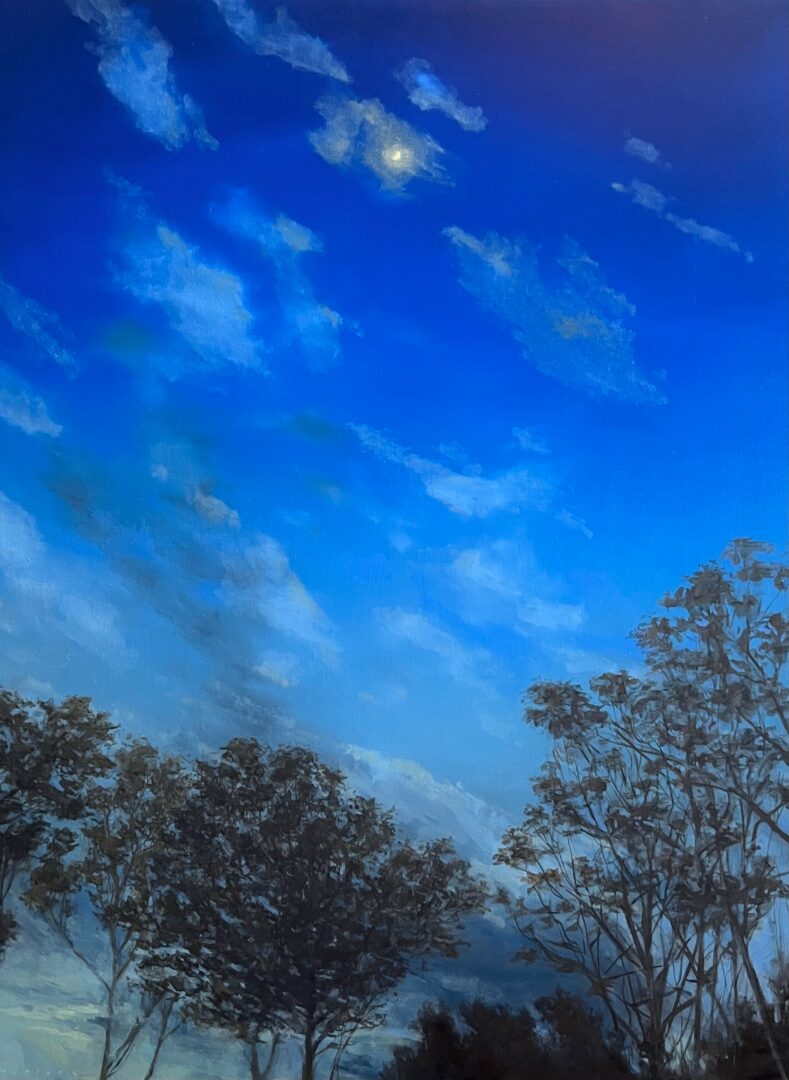
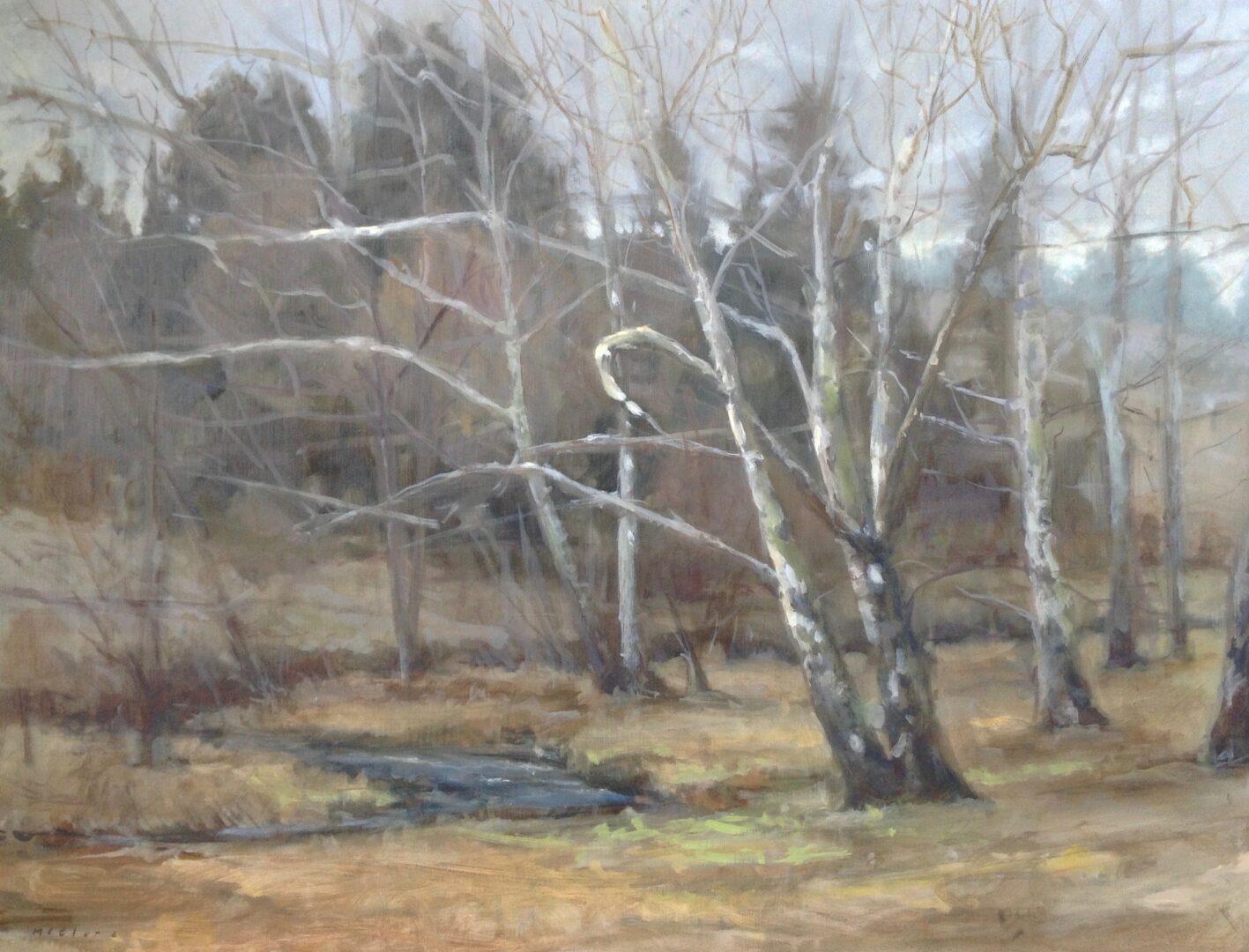
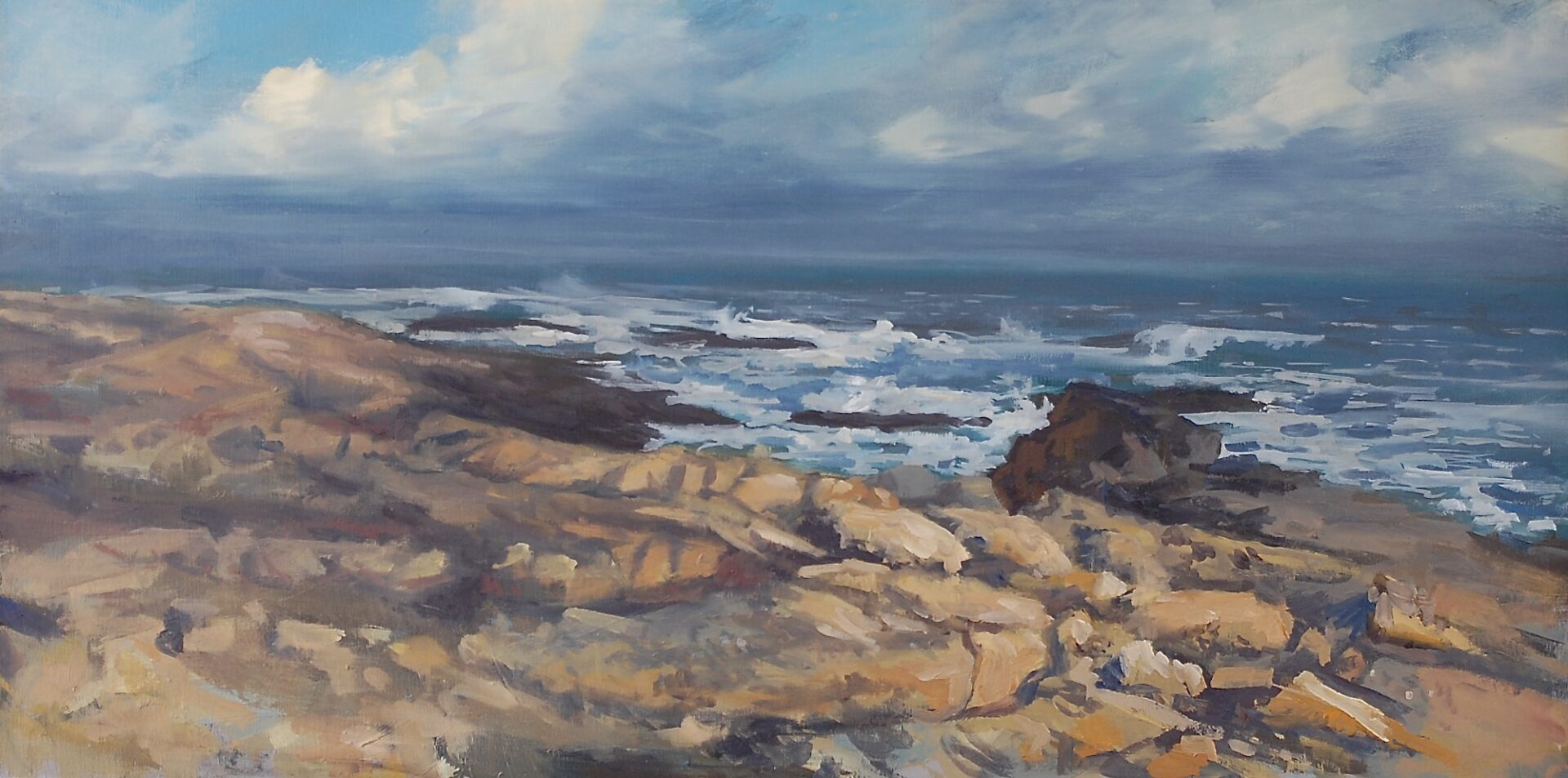
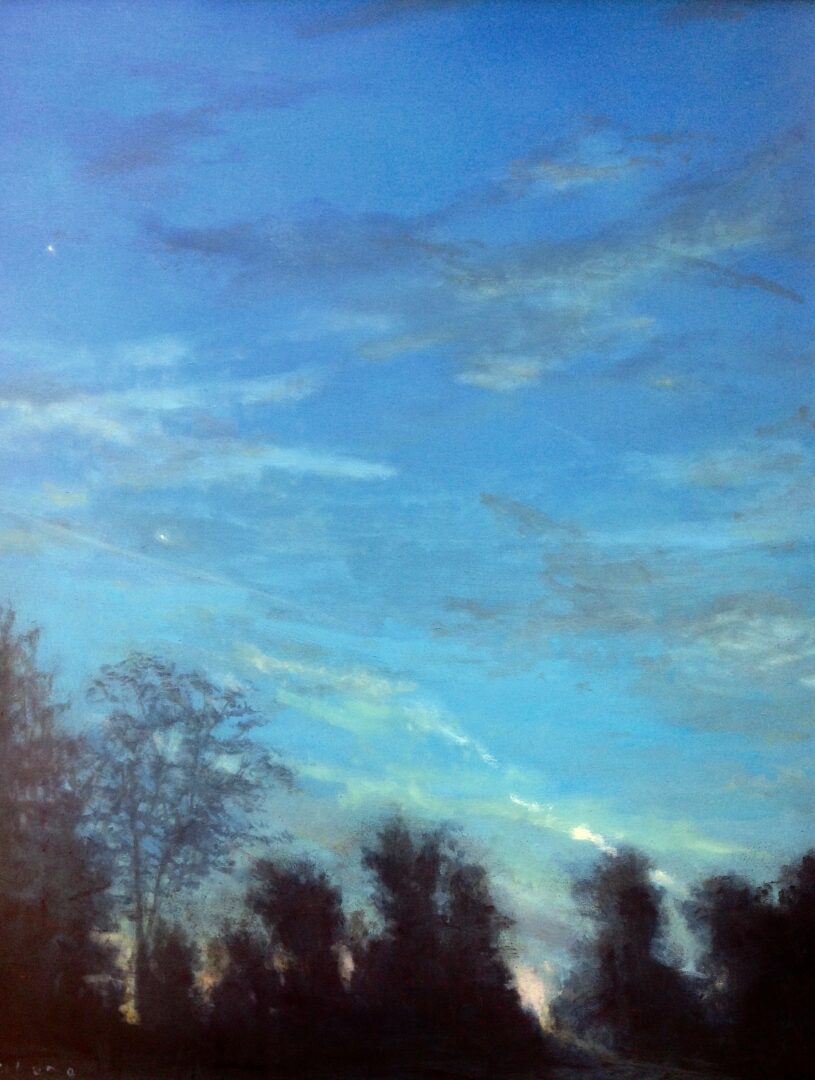
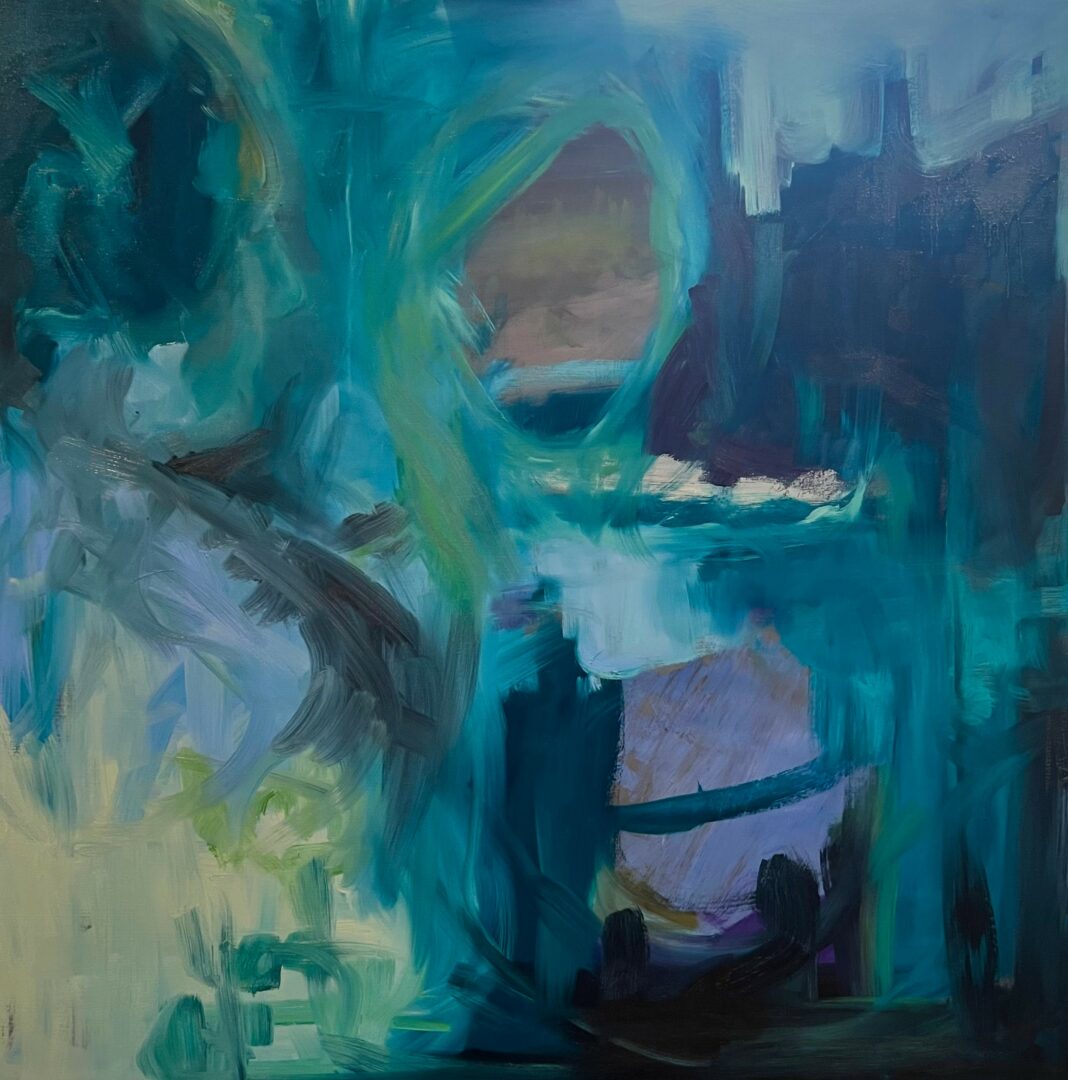
so if you or someone you know deserves recognition please let us know here.

